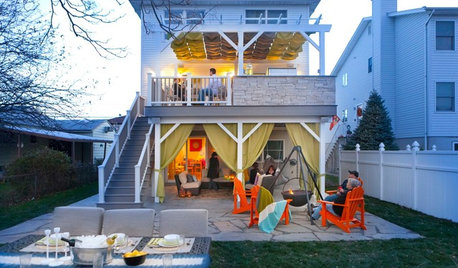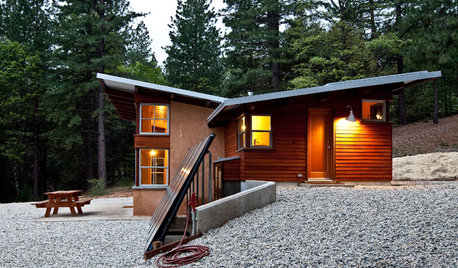Is hot water needed for dishwasher, or does it heat cold water?
julie94062
15 years ago
Featured Answer
Sort by:Oldest
Comments (31)
davidandkasie
15 years agodadoes
15 years agoRelated Professionals
Holden Kitchen & Bathroom Remodelers · Bloomingdale Kitchen & Bathroom Remodelers · Garden Grove Kitchen & Bathroom Remodelers · Manassas Kitchen & Bathroom Remodelers · Mesquite Kitchen & Bathroom Remodelers · Red Bank Kitchen & Bathroom Remodelers · Spokane Kitchen & Bathroom Remodelers · Tulsa Kitchen & Bathroom Remodelers · Vancouver Kitchen & Bathroom Remodelers · Vashon Kitchen & Bathroom Remodelers · Lawndale Kitchen & Bathroom Remodelers · Shaker Heights Kitchen & Bathroom Remodelers · North Chicago Kitchen & Bathroom Remodelers · Mountain Top Kitchen & Bathroom Remodelers · Kiryas Joel Appliancesjulie94062
15 years agobrickeyee
15 years agodadoes
15 years agodavidro1
15 years agobrickeyee
15 years agojakethewonderdog
15 years agoheimert
15 years agodadoes
15 years agojakethewonderdog
15 years agoasolo
15 years agodadoes
15 years agojake2007
15 years agohomebound
15 years agojake2007
15 years agodavidro1
15 years agohomebound
15 years agolordliverpool
8 years agolordliverpool
8 years agopcakerh
7 years agoRobert Booth
6 years agoRobert Booth
6 years agoGary DeRoy
5 years agoHU-729666554
5 years agoHU-770454900
3 years agojohnson
3 years agodadoes
3 years agojd Svo
last yearHU-803372203
last year
Related Stories

GARDENING GUIDES10 Cold- and Heat-Tolerant Perennials and Shrubs for the Arid West
These flowering native plants shrug off the cold of winter and heat of summer while adding beauty to the drought-tolerant landscape
Full Story
HOUSEKEEPINGDishwasher vs. Hand-Washing Debate Finally Solved — Sort Of
Readers in 8 countries weigh in on whether an appliance saves time, water and sanity or if washing by hand is the only saving grace
Full Story
INSIDE HOUZZHow Much Does a Remodel Cost, and How Long Does It Take?
The 2016 Houzz & Home survey asked 120,000 Houzzers about their renovation projects. Here’s what they said
Full Story
LIFEHouzz Call: What Does Summer Look Like at Your Home?
Kids, water, sunshine, backyards, cold drinks — share photos of what summer at home means to you
Full Story
HOUSEKEEPINGTackle Big Messes Better With a Sparkling-Clean Dishwasher
You might think it’s self-cleaning, but your dishwasher needs regular upkeep to keep it working hard for you
Full Story
GREAT HOME PROJECTSHow to Add a Solar Water Heater
Lower energy bills without a major renovation by putting the sun to work heating your home’s water
Full Story
FEEL-GOOD HOMESimple Pleasures: Get Cozy on a Cold Day
Some things are best when the weather is bad. Heat up some cocoa and join the discussion
Full Story
GREAT HOME PROJECTSHow to Switch to a Tankless Water Heater
New project for a new year: Swap your conventional heater for an energy-saving model — and don’t be fooled by misinformation
Full Story
HEALTHY HOMEHow to Choose a Home Water Filtering System
Learn which water purification method is best for your house, from pitchers to whole-house setups
Full Story
LANDSCAPE DESIGN10 Ideas for a Creative, Water-Conscious Yard
Check out these tips for a great-looking outdoor area that needs less water
Full StorySponsored
Columbus Area's Luxury Design Build Firm | 17x Best of Houzz Winner!
More Discussions




RickBuddy